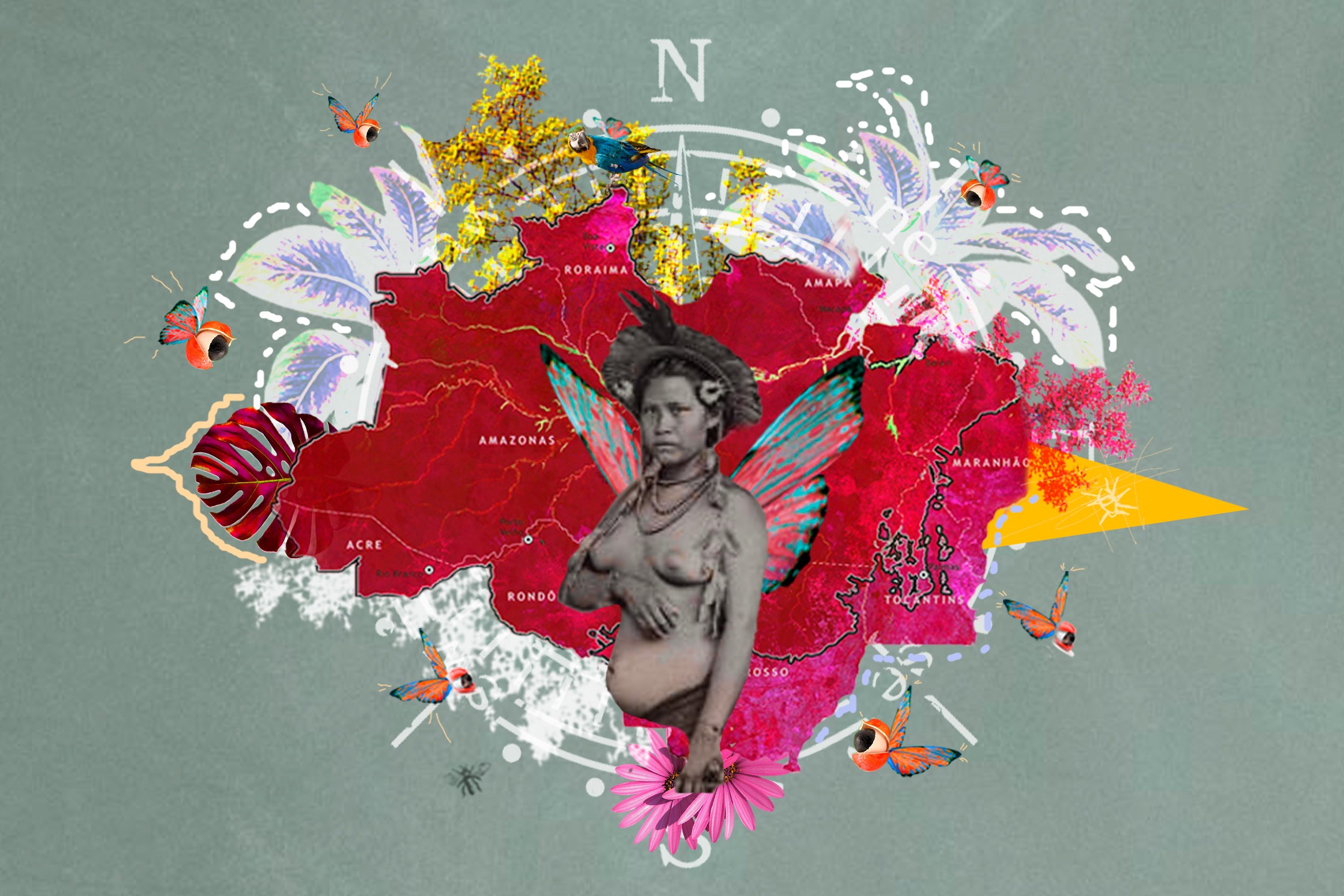

On October 28, Amazon Concertation and Chatham House, in partnership with Página 22, held webinar Rethinking Amazon and An Agenda for the Development of the Amazon: a conversation about two proposals for the future of the area.
The meeting was mediated by Luana Maia, Director of Operations & Strategic Planning of the Brazilian Business Council for Sustainable Development (CEBDS) and was attended by Roberto Waack, Chair of the Board of Instituto Arapyaú, Ana Yang, executive director for the Chatham House Sustainability Accelerator, Ana Toni, executive director of the Institute for Climate and Society (iCS) and Joaquim Levy, director of Economic Strategy and Market Relations at Banco Safra.
Participants described the broad inquiry processes that resulted in both studies, how their contents converge, and their differences.
For Ana Yang, what is distinctive about the work developed by Chatham House is that it addresses international stakeholders. As for the Concertation, Roberto Waack highlighted the relevance of the dialogue also maintained with local representatives, which allowed a very important social component to be brought to the document, going beyond purely technical proposals. As a result, “quatro Amazônias” was characterized, each with a different degree of change from the original environment, bearing in mind that the characterization of diverse and contemporary scenarios represents a known concept, which emphasizes the diversity of said region.
According to Ana Toni, both documents emphasize the existing complexity in the region and advance towards the challenge of undertaking, in Brazil, something that has not been undertaken anywhere in the world: promoting development with the standing forest. In turn, Joaquim Levy pointed out that, with this diversity and challenge in mind, there are no ready-made solutions. The solutions are not about “exploring the forest”, but about building a development model respecting previous experience and knowledge, taking advantage of a great disposition for more sustainable investments by the capital holders, be they human, physical or financial.
Questioned on the relationship between the Amazon, Brazil and the world, and how each study addresses this aspect, the speakers highlighted that COP26 will be the stage where a declaration on forests will be launched, the “Forest Deal”, which should incorporate several elements addressed in both works: the role of indigenous peoples, production chains, finances and the end of deforestation.
There is a consensus between both institutions’ networks that there are no magic solutions, but a long list of required actions to demand from local, national and international stakeholders. What is lacking is greater support for science: new knowledge and new institutions will be needed, the intricacies of which, with the required efficiency, can only be defined with the help of science.
Constraining the 1.5°C increase in the global average temperature this century is still possible, but all paths point to the need to preserve forests and engage not only national interlocutors, but also subnational stakeholders.
Both works also converge on the need to go beyond the studies and materialize the recommendations made, e.g., with strengthened investments in S&T for the Amazon, bioeconomy and digital infrastructure; and with international cooperation and funding for issues related to land regularization, territorial planning, product traceability and forest restoration.
Watch the full webinar on Página 22’s YouTube channel.
Image: Rakel Caminha